FIRE MANAGEMENT IN THE AMERICAN WEST
FIRE MANAGEMENT
IN THE AMERICAN WEST
Forest Politics and the Rise of Megafires
Mark Hudson
UNIVERSITY PRESS OF COLORADO
For Mara
and the mighty Quinn
2011 by the University Press of Colorado
Published by the University Press of Colorado
5589 Arapahoe Avenue, Suite 206C
Boulder, Colorado 80303
All rights reserved
Printed in the United States of America

The University Press of Colorado is a proud member of
the Association of American University Presses.
The University Press of Colorado is a cooperative publishing enterprise supported, in part, by Adams State College, Colorado State University, Fort Lewis College, Metropolitan State College of Denver, Regis University, University of Colorado, University of Northern Colorado, and Western State College of Colorado.
 The paper used in this publication meets the minimum requirements of the American National Standard for Information SciencesPermanence of Paper for Printed Library Materials. ANSI Z39.48-1992
The paper used in this publication meets the minimum requirements of the American National Standard for Information SciencesPermanence of Paper for Printed Library Materials. ANSI Z39.48-1992
Library of Congress Cataloging-in-Publication Data
Hudson, Mark, 1971 June 27
Fire management in the American West : forest politics and the rise of megafires / Mark Hudson.
p. cm.
Includes bibliographical references and index.
ISBN 978-1-60732-088-3 (hardcover : alk. paper) ISBN 978-1-60732-089-0 (e-book)
1. WildfiresWest (U.S.)Prevention and controlHistory. 2. WildfiresWest (U.S.)
Prevention and controlHistorySources. 3. Forests and forestryFire managementWest
(U.S.)History. 4. Forests and forestryFire managementPolitical aspectsWest (U.S.)
History. 5. Forest products industryWest (U.S.)History. 6. United States. Forest Service History.
7. Forest products industryEnvironmental aspectsWest (U.S.)History. 8. West
(U.S.)Environmental conditions. I. Title.
SD421.32.W47H83 2011
363.37'9dc23
2011019915
Design by Daniel Pratt
20 19 18 17 16 15 14 13 12 11 10 9 8 7 6 5 4 3 2 1
ACKNOWLEDGMENTS
This book has placed me in serious personal debt. First, I owe a great debt to Dr. Timothy Ingalsbee, who encouraged my interest in fire and whose passion for returning fire to the western woods was and remains relentless. His insights and perspectives on fire ecology and the sociology of wildland fire were a great inspiration, and he was extremely generous with his time, expertise, and resources. This may not be the book he initially pointed me toward writing, but he, more than anybody, was the one who set me on the path. I am responsible, of course, for where it has ended up.
I am also grateful for Dr. Bill Robbinss immense assistance at all stages of the project. His help navigating the archives, his suggestions on early drafts, and his path-breaking scholarship on the political economy of the timber industry were invaluable. I would also like to thank John Foster, Val Burris, and Richard York for their valuable advice and suggestions on previous drafts. Thanks also to the Forest History Society in Durham, NC, which provided a travel grant that enabled me to make use of the organizations wonderful archives. I am similarly grateful to the University of Oregons G. Benton Johnson Dissertation Fellowship for financial support.
Peter and Suzanne Hudson contributed untold hours wading through early drafts and provided editorial suggestions that vastly improved the books clarity and readability. Profound thanks also to members of the United States Forest Service who took time out from their increasingly hectic lives to talk to an unknown graduate researcher. Without their insights, clarifications, and perspectives on contemporary fire management, the project would never have gotten off the ground. At the University Press of Colorado, thanks to Cheryl Carnahan for her stellar copyediting and to Daniel Pratt and Darrin Pratt. Finally, thanks to Mara Fridell for listening to me talk endlessly about forest fires for two years, for helping me think straight, and for her countless other forms of support. All of these people helped make this a better book. As usual, I remain solely responsible for any errors.
A NOTE ON METHODS
This book is based primarily on archival material from across the country. Materials from the University of Oregon in Eugene, the Oregon Historical Society in Portland, the Forest History Society in Durham, NC, Cornell University in Ithaca, NY, the National Archives in Washington, DC, the Federal Records Center in Seattle, WA, and the Minnesota Historical Society in St. Paul were used to develop an account of relations between the Forest Service and industry, as well as the debates among foresters and conservationists in the early twentieth century. Of particular value on the former count was the Archive of the National Forest Products Association, formerly the National Lumber Manufacturers Association, located in the archives of the Forest History Society. This collection contained extensive correspondence between Forest Service officials and members of the organized timber industry, as well as a great deal of material detailing forestry debates that took place internally among key industry activists on the subjects of regulation, public forest ownership, and fire management. Archives of the Society of American Foresters, also at the Forest History Society, and the Papers of the National Forestry Committee at Cornell University were also highly valuable in this regard.
The archival material is supplemented by interviews with Forest Service fire management professionals carried out during the summer of 2005. Managers across a range of ecosystem types in Oregon were interviewed before, during, and after the fire season. Professionals up and down the managerial chain of command were interviewed about the Forest Services past, present, and future management of fire, organizational and societal enablers of and obstacles to the implementation of changing fire management policy, the specifics of fire management policy and practices in their respective national forests, budgetary constraints, and a range of other subjects.
Potential interview candidates were chosen from the USFSs online directory of officials, based on their professional titles and managerial responsibilities. An initial letter was sent to sixty-five potential candidates, inviting them to respond if they were interested in being interviewed or if they preferred not to be contacted again. Follow-up contact was made by telephone with those who did not respond. I ensured that I had permission to interview participants from a range of ecosystem types and along the chain of command ranging from top regional administrators to assistant fire managers. Once that requirement was satisfied, interviews were scheduled based on participants location and availability during and immediately following the fire season. Interviews were conducted in offices and in the field, depending on the interviewees schedule and preferences.
FIRE MANAGEMENT IN THE AMERICAN WEST
CHAPTER ONE
INTRODUCTION
Humans have a tortured relationship with fire. We are, in the terminology of relationship pathologies, control freaks. We love fire if we feel we are in charge of it. Appropriately placed within the confines of the hearth, fire provides warmth and a sense of comfort, a shield both material and psychological against the encroachment of darkness. Fire in the right place and of the right scale is considered an indicator of progress, a seed of human civilization. When a small pile of sticks is set ablaze outdoors within the confines of a ring of stones, most of us are drawn to it, and not simply for the warmth it provides. We are, when fire is behaving in a socially appropriate way, deeply pyrophillic. But if fire gets uppity, the love turns to terror. Depending on our proximity, this fear is utterly rational. Having once caught my own hands on fire, I can attest that overly close encounters with uncontrolled flames are not to be encouraged. The many fatalities among wildland firefighters over the years provide much more profound and tragic testimony to the same point. However, over the past 50 to 100 years, humans need for control has increased, in part because human populations continue to spread into what used to be considered wilderness and as part of a larger attempt at managing nature to suit our historically specific needs and wants. Even if we face no personal risk, we would much prefer to see fire bounded, enclosed, and managed. Fire that does not suit our needs has no place. Fire out of its cage is infernal. It is the tool of the mob, the invader, and the rioting masses. It is to be extinguished.








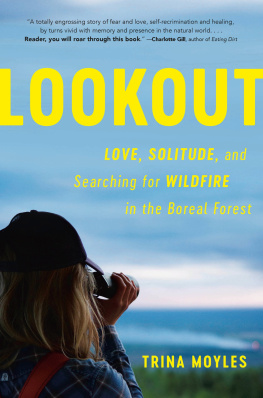


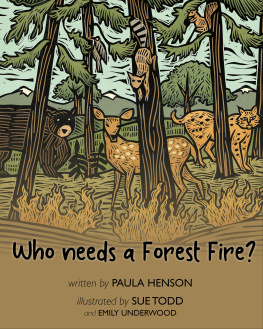
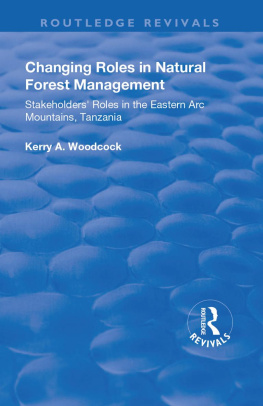
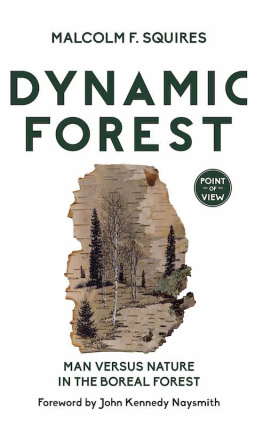
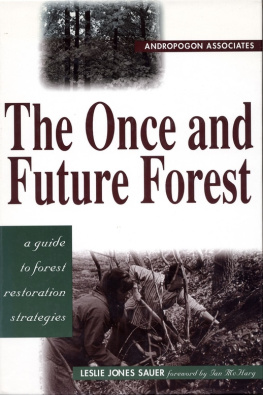
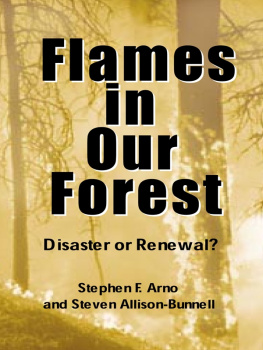

 The paper used in this publication meets the minimum requirements of the American National Standard for Information SciencesPermanence of Paper for Printed Library Materials. ANSI Z39.48-1992
The paper used in this publication meets the minimum requirements of the American National Standard for Information SciencesPermanence of Paper for Printed Library Materials. ANSI Z39.48-1992